I am still catching up on all the ML/AML reading I missed while I was stuck up a Swiss mountain last month, so please forgive me for drawing your attention to an article that was the leader in the Spectator way back on 5 July 2014. Entitled “It’s time for Britain to abolish slavery – again”, the article discusses the Modern Slavery Bill which is currently making its way through the UK legislative system – along the way making the point that I have made in several training sessions that all we managed to abolish last time round was the offence of slavery, not the commission of it. (In other words, by claiming that slavery had been abolished and thus removing the offence of slave-trading from the statute books, we created a situation where slave-traders and slave-masters could no longer be prosecuted for their actions. Big fail.)
However, what I wanted to concentrate on today – before I mounted that high horse – was a rather throwaway comment in the Speccie article: “Even calling modern slavery by its name is a huge step forward: Wilberforce would have made no progress [in the late eighteenth century] had he spent his time mumbling about ‘human trafficking’.” Quite right. And I sometimes wonder whether – through PC-ness or in a bid to find a phrase that works internationally – we often end up with a rather watered-down, more palatable version of something that should, by its nature, be unpalatable. The very phrase “money laundering”, for instance. Let’s not worry about how it started – whether laundrettes were involved or not – but here we are with the concept of washing money. Other languages have gone down the same route: the Germans and Spanish call it money washing, the Dutch and French money whitening. Although I support the general idea – making dirty money clean – I have two main issues with the phrase.
First, money laundering does not make money clean – it merely makes it appear clean. The Elizabethans, believing that submerging your body in water was dangerous, would simply layer on more perfume and carry nosegays – they didn’t clean themselves, but simply disguised the dirt. And second, laundering sounds a rather benign – indeed laudable – process. Giving something a good clean is recommended. None of this is right for what we call money laundering. We need a phrase that suggests evil concealment, not gentle cleansing. Any suggestions?






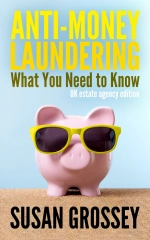

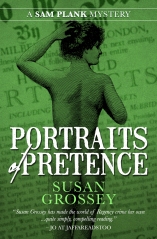



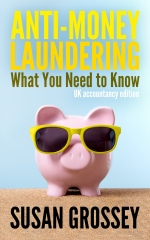

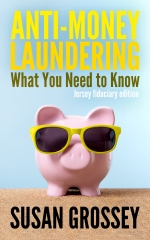

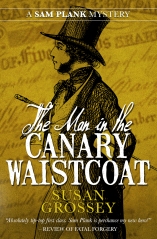




“swag scrubbing”, “moolah masking”
I’m quite taken with “moolah masking”…